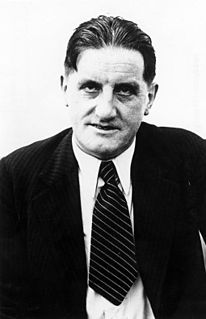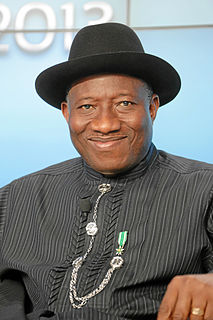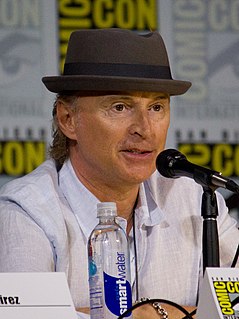A Quote by Ernst Hanfstaengl
Schopenhauer had been Hitler's philosophical god in the early days. In power it was Nietzsche.
Quote Topics
Related Quotes
In the old days it would have been a relatively simple matter to have checked Hitler's territorial ambitions. All you'd have needed would have been the 1914 combination of Britain, France and Russia. Indeed, if such an alliance had acted decisively to defend Czechoslovakia in 1938, Hitler might even have been overthrown by his own military. But it was not to be.
If in the 1930s nuclear weapons had been invented and the Allies had been faced by Nazi SS20s and Backfire Bombers, would it then have been morally right to have handed Hitler control of one of the most terrible weapons man has ever made? Would not that have been the one way to ensure that the thousand year Reich became exactly that? Would not unilateralism have given to Hitler the world domination he sought?
The second type you have at these parades seems to be the people who want to mislabel Hitler. Everybody in the world is Hitler. Bush is Hitler, Ashcroft is Hitler, Rumsfeld is Hitler. The only guy who isn't Hitler is the foreign guy with a mustache dropping people who disagree with him into the wood chipper. He's not Hitler.
where Nietzsche's response to the equation of socialism and morality was to question the value of morality, at least as it had been customarily understood, economists like Mises and Hayek pursued a different path, one Nietzsche would never have dared to take: they made the market the very expression of morality.
































